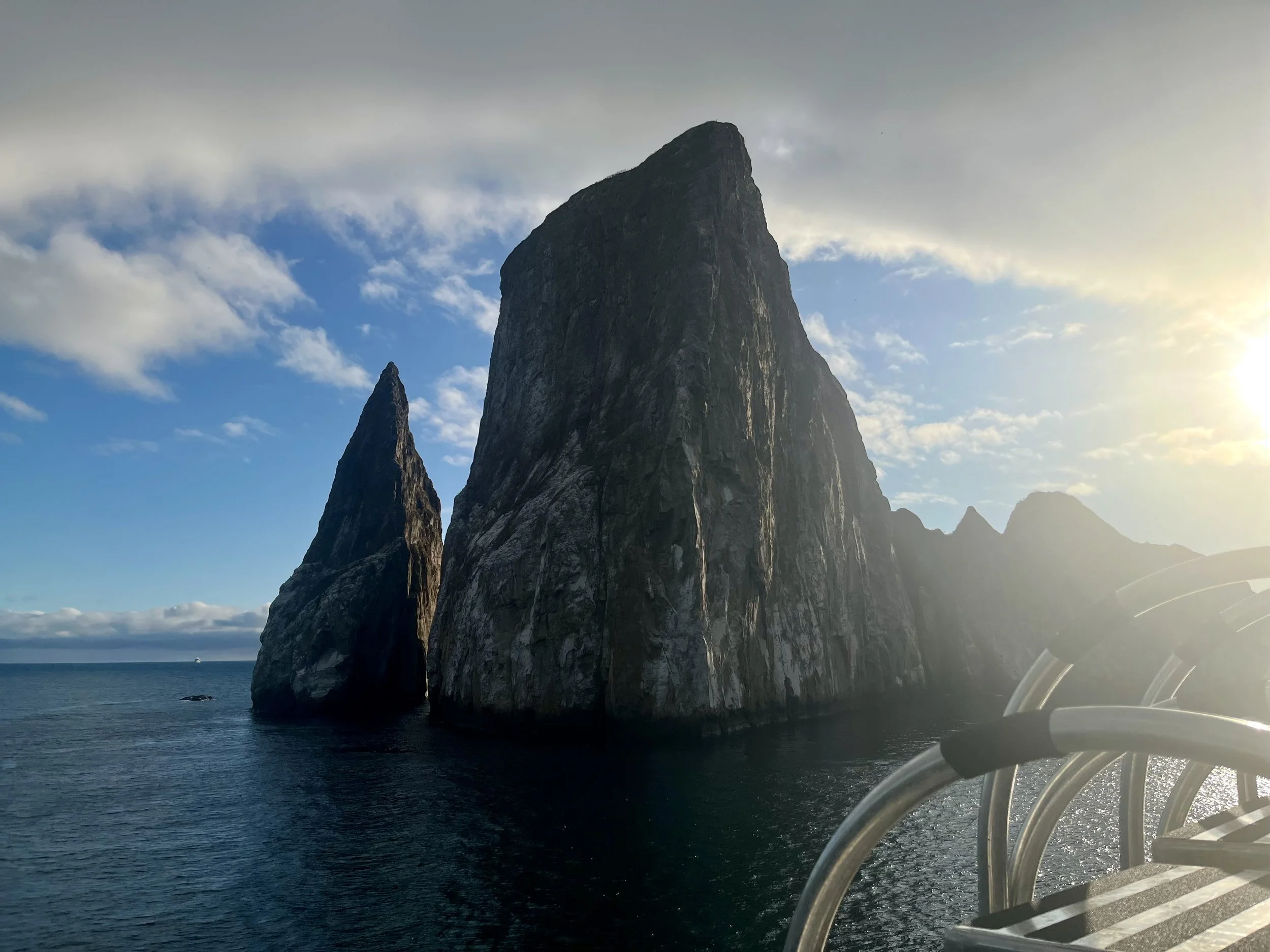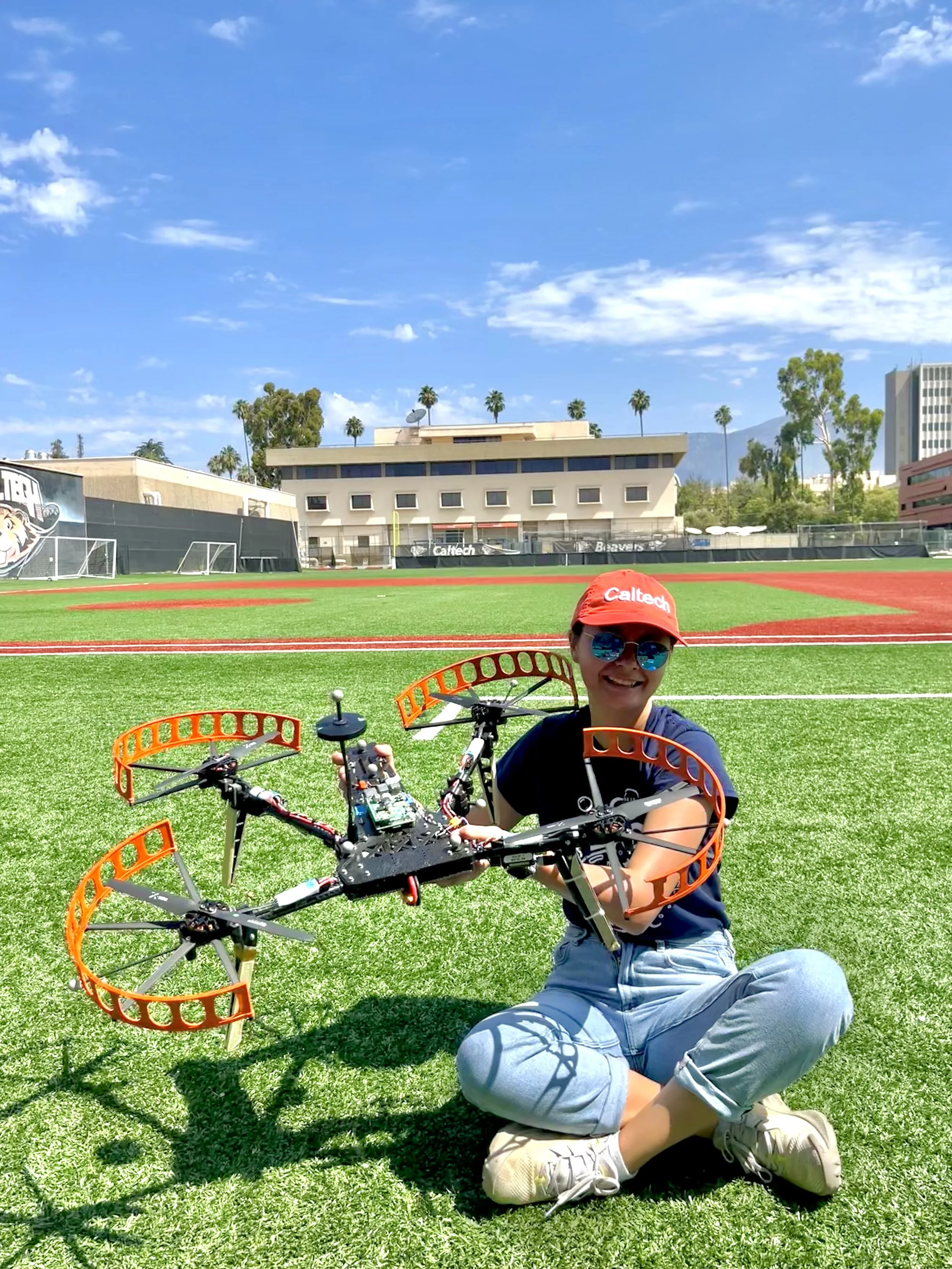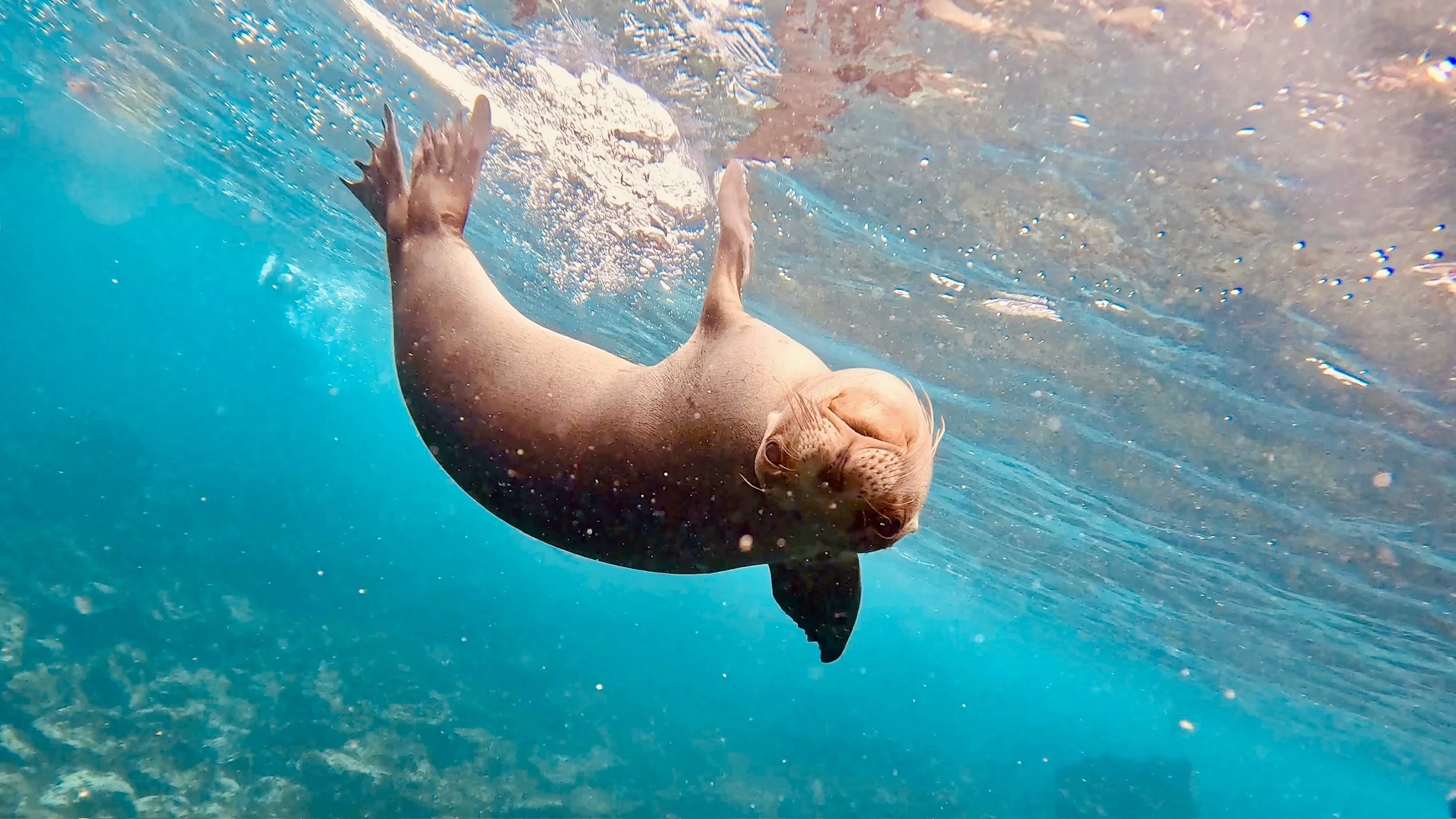
Isabel de Luis
Researcher. Engineer. Explorer.
About Me:
I’m a first-year graduate student at MIT AeroAstro, researching with Prof. Julie Shah’s Interactive Robotics Group and Dr. Ben Armstrong at the Industrial Performance Center. I received my Bachelor’s of Science in Engineering from Olin College of Engineering in May 2025. My research is in human-computer interaction, driven by a commitment to improving the safety and transparency of intelligent systems. I’ve previously worked on projects at Caltech, MIT, and JPL exploring human factors and autonomy in aviation and space exploration.
Current Research
My current research with Dr. Ben Armstrong at MIT’s Industrial Performance Center and Antofagasta Minerals focuses on human–automation interaction in autonomous mining operations, emphasizing supervisory control, human factors, and system safety. I study how remote operators manage fleets of autonomous haul trucks and processing plants, exploring the cognitive and organizational challenges of overseeing multiple automated systems. Using qualitative fieldwork, system modeling, and data analysis, I aim to develop design strategies for interfaces and decision-support tools that improve situational awareness, trust calibration, and overall system performance. This work will serve as the foundation for my master’s thesis.
In parallel, I am pursuing a research opportunity with the Charles Darwin Foundation, where I apply machine learning to marine biodiversity monitoring. By analyzing tourist-contributed underwater photographs, I identify invasive species and highlight conservation-relevant areas in the Galápagos. A key component of this work examines how human supervisors, such as conservation staff and citizen scientists, interact with and interpret the algorithmic outputs, aiming to design tools that support more accurate, efficient, and actionable decision-making in ecological management.
Highlighted Projects
R-Based NMF Pipeline for Air Quality Data
Spring 2025, Air Partners, Olin College of Engineering
I developed a pipeline document in R Studio to perform Non-Negative Matrix Factorization (NMF) on cleaned air quality data from Air Partner’s air quality sensors around Boston. The pipeline included documentation on how the NMF analysis was performed and included the ability to automatically create spatial maps of pollutants around the sensor based on the results of the NMF analysis.
Aircraft Accident Predictor
Fall 2024, Olin College of Engineering
I built a Multi-Layer Perceptron (MLP) model to predict the primary cause of aviation accidents, aiming to give investigators an initial analytical starting point. Using NTSB accident data, I cleaned, encoded, and balanced the dataset with class weighting and SMOTE. The model reached about 50% accuracy with stable training and test performance, demonstrating both the potential and challenges of applying machine learning to real-world aviation data.
Air Quality Analysis in Galena Park
Fall 2024, Air Partners, Olin College of Engineering
Galena Park, a community near the Port of Houston, faces poor air quality from surrounding industrial activity. The Environmental Community Advocates of Galena Park (ECAGP) partnered with Air Partners, a team of Olin College students, to analyze data from their air quality sensor network. I developed a data-cleaning pipeline and analyzed over six months of sensor data, finding that PM2.5 concentrations consistently ranged between 12–29 µg/m³, well above the EPA’s 9 µg/m³ exposure limit, and peaked during daytime industrial operations.
Simulating Low-Cost Landers on Mars
Summer 2024, NASA’s Jet Propulsion Laboratory
To support NASA’s low-cost Mars mission program, I developed a Python-based simulation tool to model and optimize Mars lander subsystem parameters such as drag coefficient and nose cone angle. I also built a user-friendly GUI for early mission design use. Validated against past JPL lander data, the tool accurately reproduced expected landing outcomes in all test cases.
Lion Air 610 CAST Analysis
Summer 2023, MIT
I performed a Causal Analysis using Systems Theory (CAST) on the Lion Air 610 Crash to support the research Prof. Nancy Leveson’s Cybersecurity and System Safety Lab was doing. I found 11 contributions to the crash, from improper regulations to faulty equipment and prepared a paper that discussed how human factors investigations in aviation accidents often have narrow views of human error and focus on assigning blame for accidents instead of viewing human error in the context which it occurred.
Neural Fly
Summer 2022, Caltech
I supported Caltech’s Neural Fly project by developing a bridge between the drone simulator in Python and the hardware in C++ so that the simulator controller could be used on the hardware. For this I used ROS, Python, and C++, and I tested my wrapper using a software-in-the-loop (SITL) simulator before verifying my code with 3 field tests with the drone hardware.


